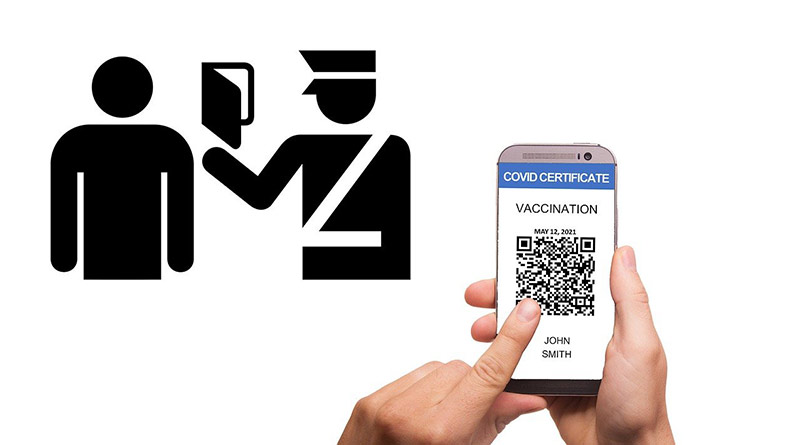Welsh Government Facing Fresh Legal Challenge on COVID Pass Policy

Law firm JMW Solicitors has taken the first steps in launching a fresh legal challenge against the Welsh Government following the proposed introduction of the Covid pass system at hospitality venues – a move bosses say will sink hundreds of pubs and deliver a fatal blow to a fragile industry.
On 29 October 2021, First Minister Mark Drakeford said in a cabinet statement, “To strengthen protective measures at alert level zero, we intend to extend the use of the COVID Pass, making it a requirement for entrance to cinemas, theatres and concert halls from 15 November, subject to a debate and vote in the Senedd.” He went on to say, “If the public health situation does not improve, the next review of the coronavirus regulations will consider a further expansion of the COVID Pass to include more hospitality settings.”
When asked during an interview for a specific example of the measures being considered as part of the rollout of COVID Passes to venues such as pubs and restaurants, he said: “The hospitality industry needs to use the next three weeks to prepare for the possibility that Covid passes might need to be introduced in that setting, so there’s a specific example of an action we could take in three weeks’ time.”
The First Minister’s comments suggest that COVID Passes may become a requirement at pubs, bars and restaurants in Wales as soon as 19th November, when the next review of the Covid regulations is announced, leaving the industry with insufficient time to prepare for what would be a major operational change.
The legal challenge has been mounted by experienced restaurateur and entrepreneur, Matt Connolly, who launched similar action in April last year following leaders’ failure to set out an opening date for indoor hospitality, leaving the struggling industry in limbo.
Connolly, owner of the Sticky Fingers Street Food restaurant in Cardiff, has hired JMW to take the government to task on the mooted policy, which he says will be a death sentence for hundreds of pubs, branding the plans “completely impractical and wholly unworkable”.
A letter has been sent to the devolved government with a deadline of Friday 5th November to respond. It asks that the Welsh Government engage in an open consultation process with Connolly and others with the relevant experience, information and evidence to offer.
Connolly said: “The ideal of introducing COVID passes for pubs and restaurants is farcical – it would be completely unworkable and, the sad reality is, it will sink hundreds of businesses.
“It would add significant running costs to an extremely fragile industry and would be impossible to enforce. We need clarity on the plans rather than vague comments around being prepared yet being left in the dark – the preparation alone would come at a huge cost in hiring more staff and introducing new procedures and processes, it isn’t a quick fix; it’s a massive undertaking.
“The hospitality industry should at the very least expect a full and fair consultation process on any plans to ensure that our concerns have been considered and the impact fully appreciated – I’m not convinced that the government understands the outcome that this will have on the sector and the fact that many businesses will be forced to close their doors; particularly pubs.
As things stand, it does feel like the hospitality industry is being scapegoated yet again.”
Oliver Wright, Partner at JMW Solicitors, said: “A proposal to impose COVID Pass requirements on pubs, restaurants and bars would be excessive and a completely unjustified burden on an industry that is still reeling from the early stages of the pandemic.
“The cost impact would be huge – for our client, it would mean an extra £10,080 a month to monitor a single entrance and would be even higher for venues with multiple entrances.”
JMW benefits from extensive experience of the Judicial Review process and led several similar cases throughout the pandemic, including the successful legal challenge by Sacha Lord, Greater Manchester’s night time economy tsar, which forced the government to abandon its ‘substantial meal’ policy.
